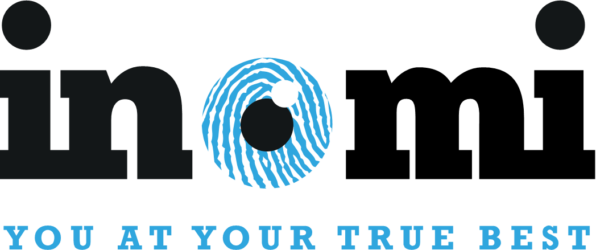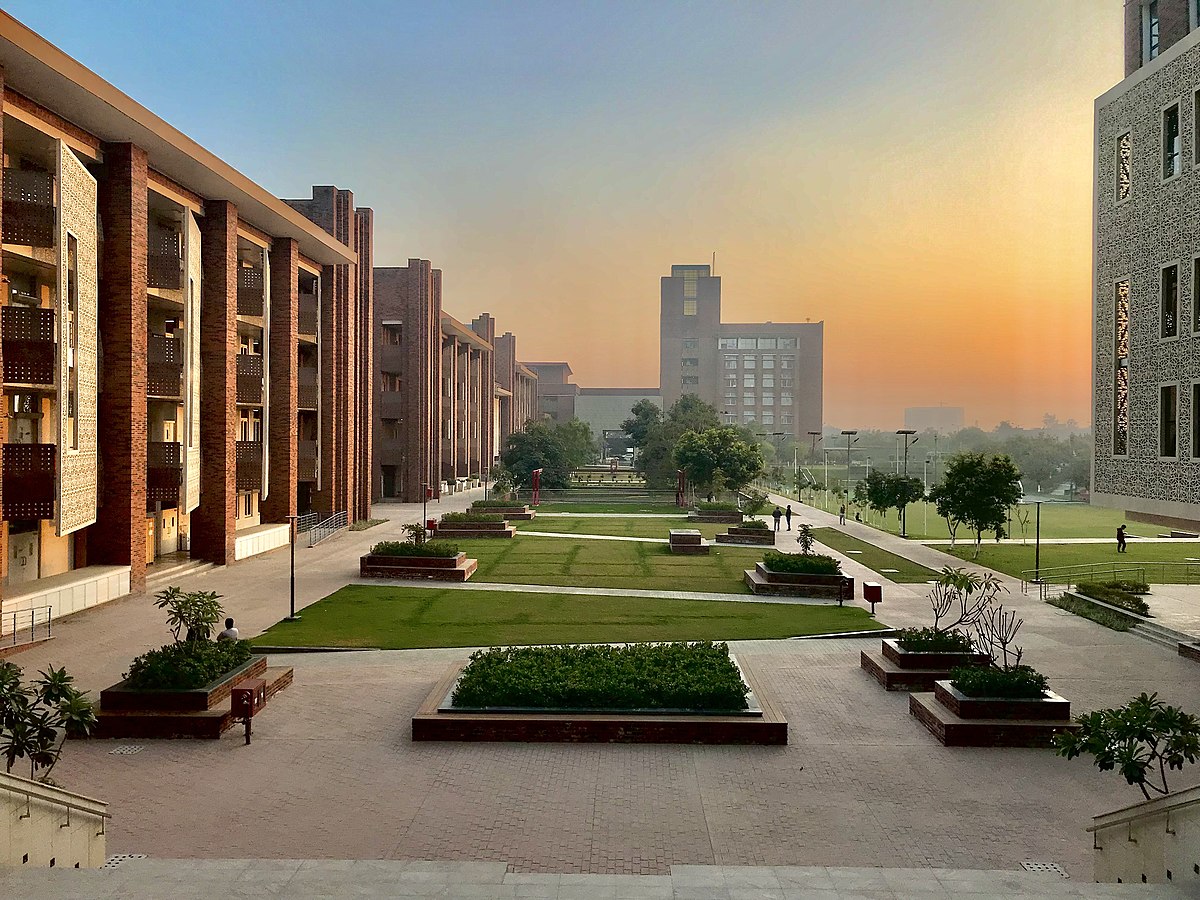
The “holistic” admissions processes private liberal arts universities like Ashoka, Krea and Flame follow are kinder more flexible than the erstwhile nightmare of Delhi University cut-off lists. But, they are less transparent. Students often find themselves competing with many other bright students from their own school – and god knows how many from the rest of the country. And while there is no “right formula” (thank god) for “cracking” these admissions, here are some success factors you can pay attention to!

Grades, grades, grades
A “wholistic” admission process means that the universities consider factors over and above the student’s grades, but not instead of them! Almost all school toppers across the country apply to Ashoka university (and increasingly to Krea and Flame) including those applying abroad and to Engineering colleges – even if just as a back up! This means that these universities are choosing among many students with good grades and great credentials, so you would need to present a well-rounded profile to be considered among them.

Photo credit – KREA university website
Activities
Most universities ask you for details on your key 3-5 activities so choose well displaying diversity among sports, creative and community activities Grade 9 onwards. Please make sure that all options are filled. Upload any certificates that support your claims. Some universities ask you to mention books you have read. Make sure you fill all the spaces provided, even if these are prescribed books fromyour school curriculum.
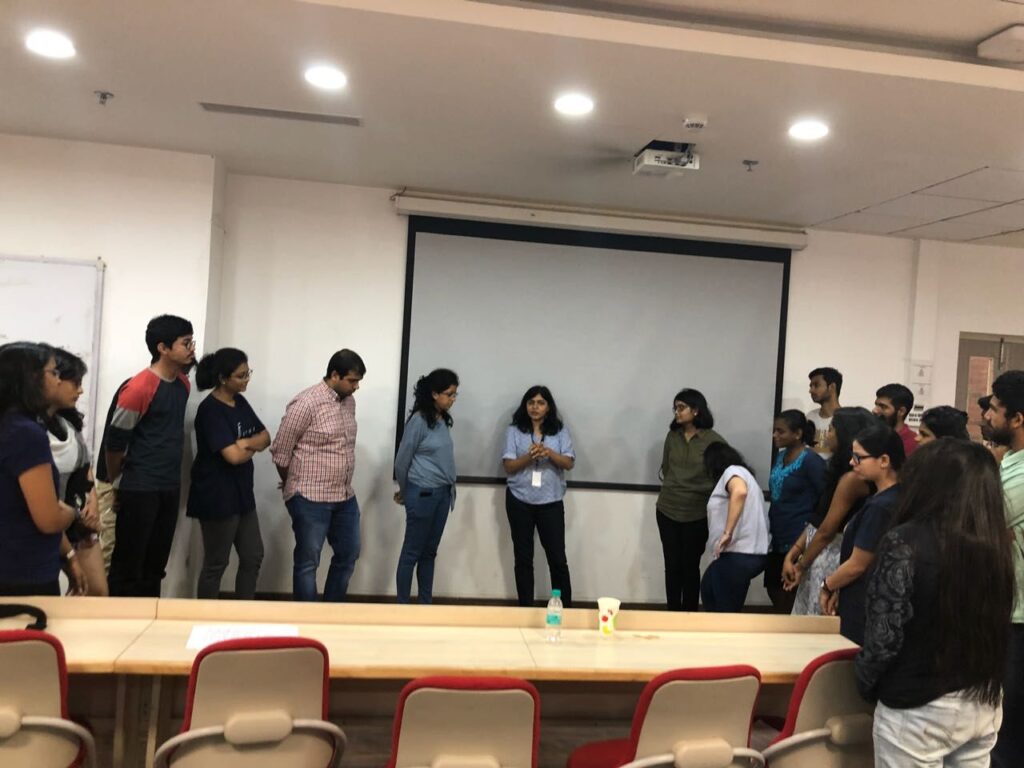
Application Essays
Krea asks for “your personal story,” Flame asks you to comment on “Creativity, innovation and Research” and Ashoka asks for your considered view on a social topic. Among other shorter prompts. Your responses are often what distinguish you and give your application a distinctive voice. The key to writing a great college essay is to go deep – into your own stories when writing a personal essay, and into data and facts when writing an opinion-based one.
For instance, “I have lived in many cities since my father had a transferable job,” is a common statement. “I grew up in cities as diverse as Pune, Chennai, Delhi and Kolkata, joyfully dancing to different tunes on Ganesh Chaturthi, Pongal, Lohri and Durga Puja” is endearing.
“Poverty and illiteracy are India’s biggest problems” is far less impactful than, “over 10% of India’s population lives below the poverty line according to a 2022 UNDP report. And almost a quarter of Indians are not literate according to the 2022 Census of India.”
Research, offer specific data, present visual and sensory clues to help the reader visualise your words, and present a confident narrative.
Avoid using Chapt GPT even to refine your essays since universities have different policiies on this – and generally don’t like AI-generated work!
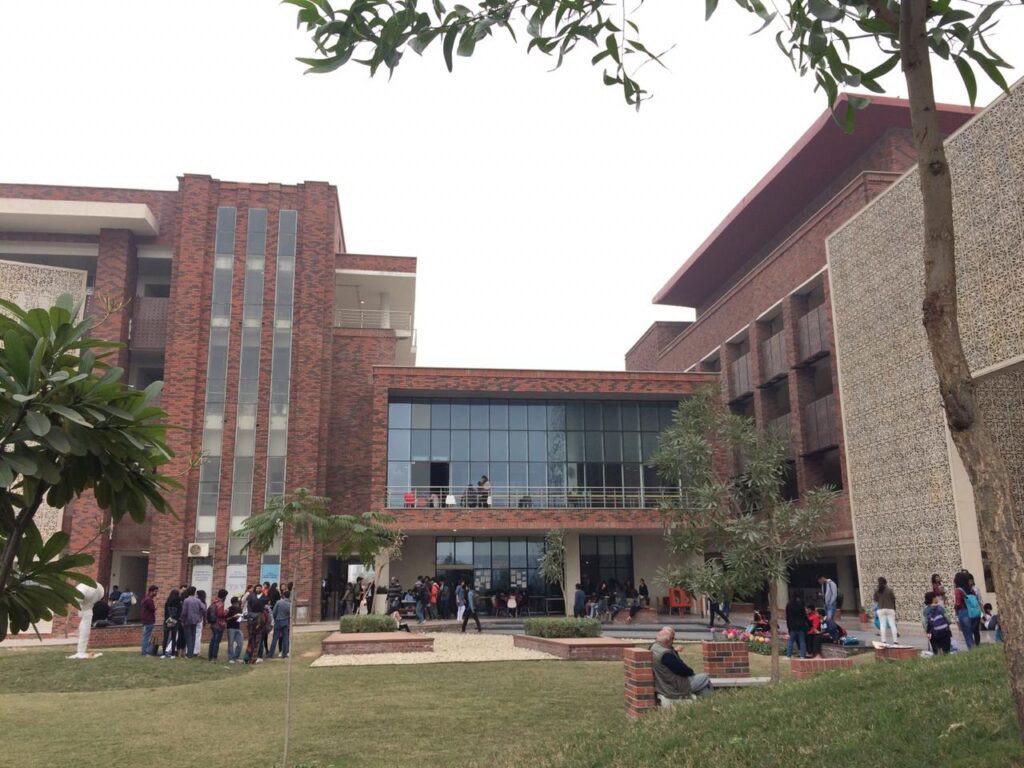
Testing
Many liberal arts colleges require an entrance test like AAT for Ashoka, JSAT for OP Jindal, FEAT for Flame among others. They normally assess English proficiency, logical and analytical reasoning, general knowledge and mathematical aptitude. Design-focused colleges test visualisation, spatial ability and creativity. There may additionally be sections on essay writing, verbal and quantitative reasoning, and data interpretation. Each exam aims to test your critical thinking, problem solving and aptitude in specific subjects.
It is important to familiarize yourself with the test, its pattern and time duration well beforehand. You can find mock tests and previous years sample papers online.
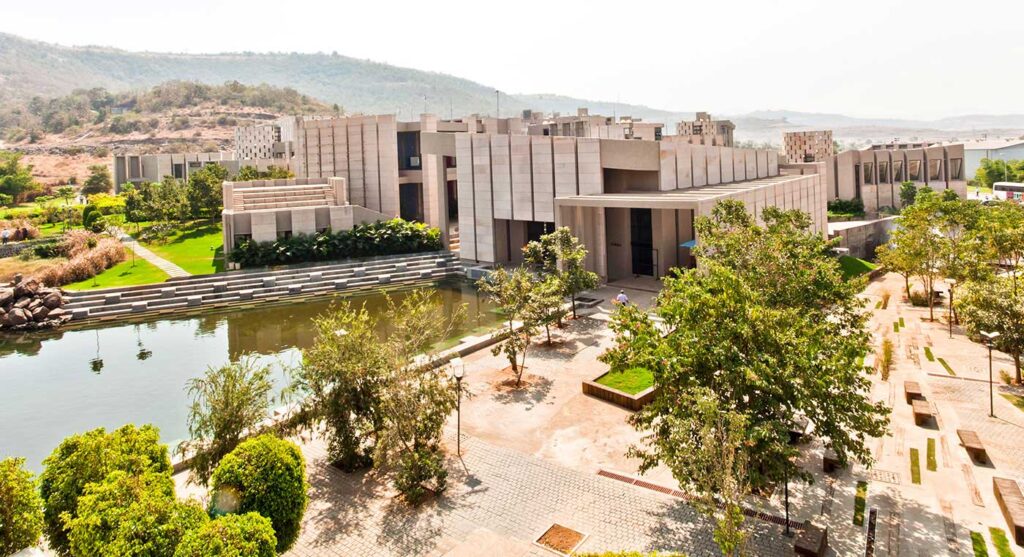
Photo credit – FLAME university website
On-the-Spot Essay
This is the university’s way of testing how well you think on your feet, and – how authentic your application essays are!
You can prepare for these by finding previous years’ essay topics and practicing timed responses. Begin by understanding the question, outline some key points that you definitely want to highlight in your essay. The question asks for whether you agree or disagree, try to first analyse both sides of the argument in your essay, and build your argument in either direction logically. Support your argument with examples, facts and evidence from current and past news (side note: be familiar with big current and past news stories.) Manage your time wisely between planning, writing and editing.

Interviews
Interviews are a very important part of almost all liberal arts admissions processes. This is your platform to sell yourself to the university, highlight your unique strengths and credentials.
So identify 2-3 key aspects of your profile that you wish to highlight and prepare to confidently present these at the first available opportunity. Always back up your answers with evidence from your life like instead of simply saying, “I am passionate about music,” say “I Love music and this is why I set up a fusion music band with my school friends. We have now performed in several school events and 2 private events.”
Before the interview, go through the university’s website, explore clubs or special initiatives in areas of your interest. Review you application and essays as interviews will always pick up cues from information in the application.
Another important tip is to be honest when you don’t know the answer to any question – or admit that you took the wrong stance about something if the interview points this out.
Dress well, be confident, don’t meander in your conversations and look at the interviewer while talking. Even online.
So, you are all set. A final tip is to choose which round you want to apply to in keeping with your preparation levels. Most universities do not allow uou to apply twice in the same year, so use your chance well, when you have spent time preparaing for the test, writing insightful essays and preparing to present yourself strongly in an interview!
So, you are all set. A final tip is to choose which round you want to apply to in keeping with your preparation levels. Most universities do not allow uou to apply twice in the same year, so use your chance well, when you have spent time preparaing for the test, writing insightful essays and preparing to present yourself strongly in an interview!
All the best!
The writer is Founder and CEO, Inomi Learning, a Gurugram-based career and college guidance firm. info@inomi.in
The original article was first published in ‘The Hindu’ on January 14th, 2024.
With inputs from Kritika Malhotra, Lead Counsellor at Inomi Learning.

Richa Dwivedi Saklani is a certified coach from UCLA and is an accredited MBTI trainer who has worked with over 10,000 people across career planning and as a behavioral trainer in companies. She is the CEO & Founder of Inomi Learning and author of “The Ultimate Guide to 21st Century Careers”.
